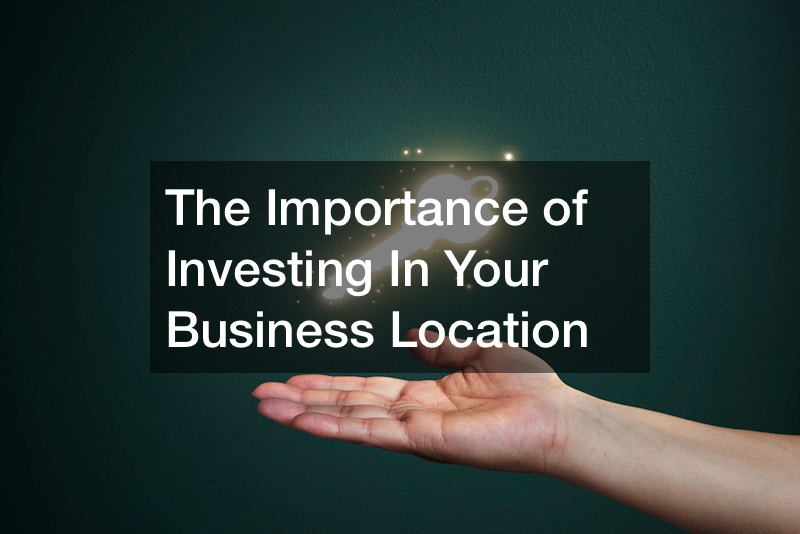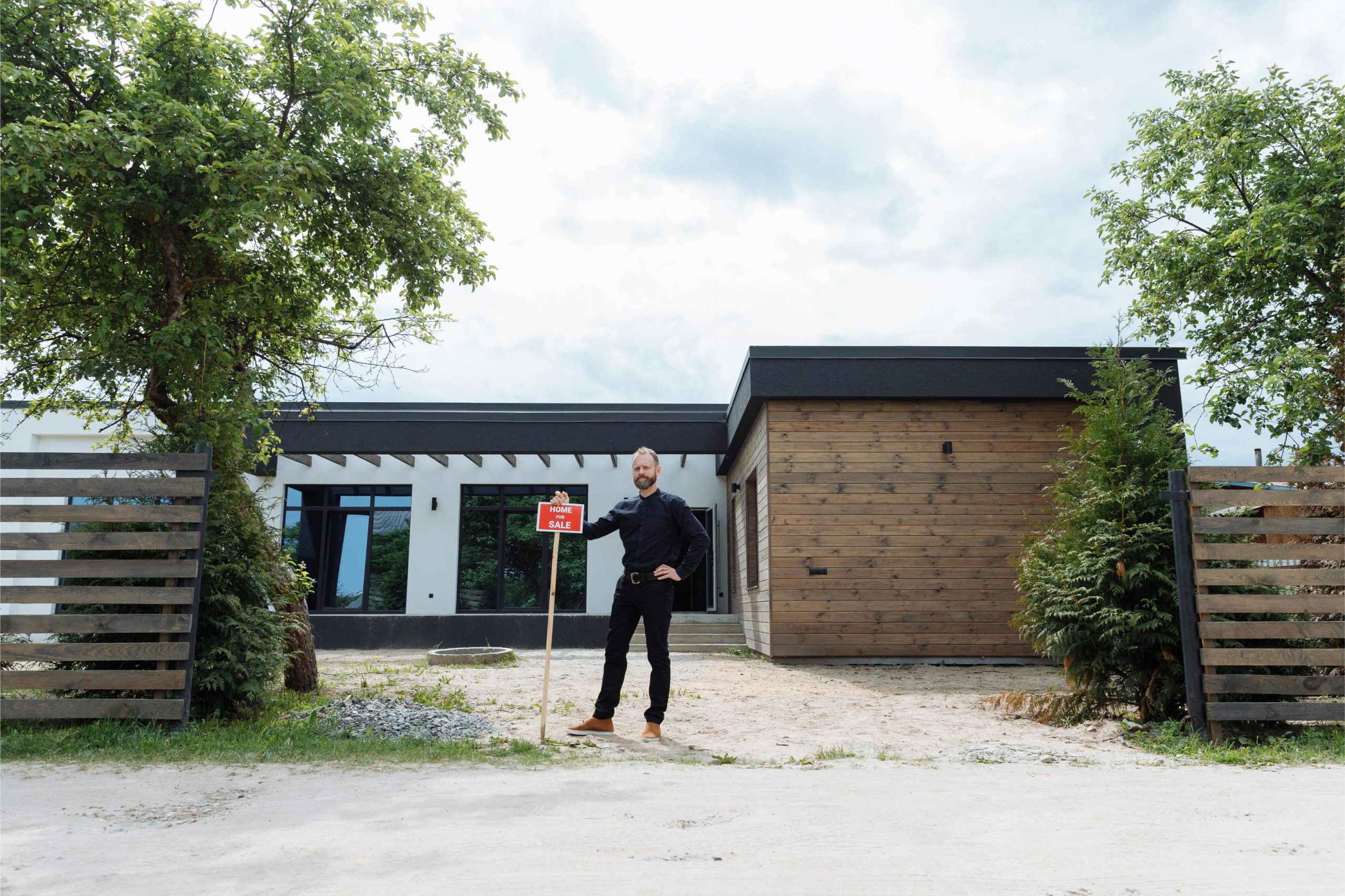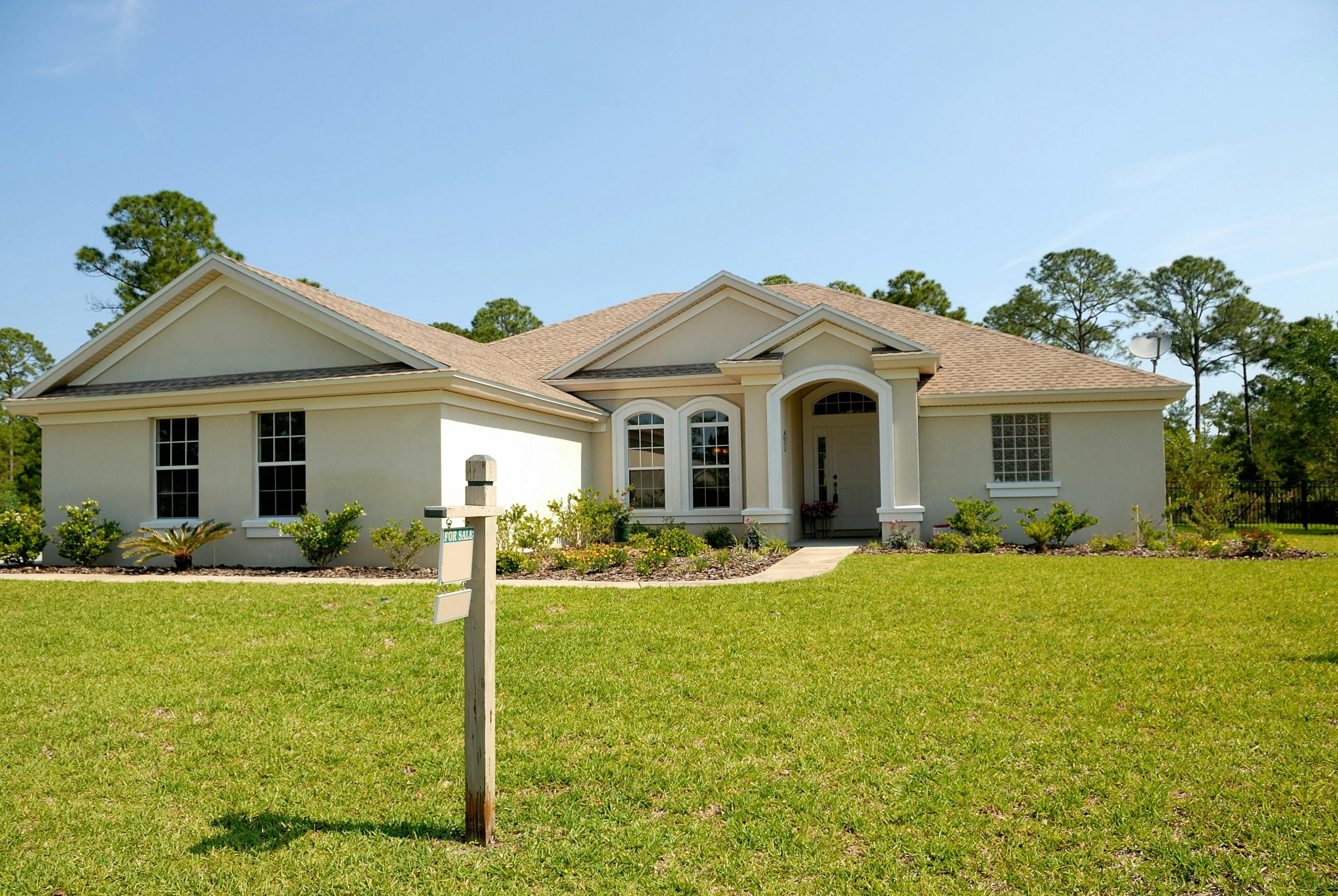
Choosing a location for your business is a serious task and it can be quite daunting. We all know that the location of a company can determine whether or not it’s successful and thriving, but knowing how to choose the right location seems to be like a secret—it’s not talked about as much.
You can’t just point at a spot on a map and decide to open your business there; there are so many elements and factors that influence where you should really be settling. Buying land for commercial use is an important step, and doing it the right way is crucial.
In this article we’ll look at exactly why your business location matters so much and discuss the factors you need to keep in mind before deciding. When you’ve got the perfect site for your company, you can focus on other important matters, like marketing and hiring the right people.
But first, let’s look at what a business location is.
What Is a Business Location and Why Is It So Important?
A business location is so much more than its address and place on a map. Your commercial real estate is going to affect how well you’re able to sell your products or perform your services. The location should be inviting and friendly, so potential customers will feel at ease even before setting foot inside your building.
The location should give passersby a positive impression of your business. Remember that everything around your building will be associated with your company, so choose carefully and keep the surrounding properties and landmarks in mind. If your company is in a refined, trusted area, your potential customers will think more highly of your company and be more encouraged to do business with you.
How Can You Choose the Right Business Location?
Right, so now that we’ve established that buying land for commercial use and keeping location in mind is the key to a successful business, it’s time to discuss how you actually go about doing that.
Before we look at the elements you have to consider while searching for the perfect business location, let’s quickly discuss a few important factors that must always be kept in mind as you check out properties:
Research

It’s important that you know your target market before buying land for commercial use. You should know whether or not the area is one your potential customers will want to visit and be sure they don’t have to go out of their way to reach you.
Taxes
When choosing a location, consider the local and state tax implications. You may pay more taxes in one area than another, but the higher-cost state could be better for your business.
Government Incentives
It’s a good idea to ask about government incentives because they’re available at federal and state level for small businesses in certain industries. If you select the right location, you could qualify for certain incentives that make it easier to start your business.
Elements to Keep In Mind When Choosing Your Business Location
Let’s get into the meat of this article and the real reason you’re here, shall we?
Proximity to Other Businesses

Before you start buying land for commercial use, take a look at the businesses around the location. Ideally, you want to take advantage of the companies around you and their foot traffic to get people inside your building. Think about the industries these companies operate in and determine if they will enhance the quality of your company. For example, if you’re looking to run a bookstore, having coffee shops and companies with similar vibes around you will increase your foot traffic.
If you can, you should choose a location with businesses that will enhance your own, rather than drag it down. Don’t settle for a place where no one who passes by would be interested in getting to know your business. Also, don’t choose an area that is too quiet unless it’s still in development. Being isolated is never a good thing.
Competition

Another important location-based element that can make or break the success of your business is how close you are to your direct competition. This can depend on the sort of business and industry you’re operating in, but if at all possible, don’t be too close to your competitors. A small business located near an already established one that can afford to be cheaper won’t attract as many customers.
It can depend on many different things, like whether or not you’re offering better quality products or services, but it’s best not to gamble. There are exceptions, though. An attorney opening a practice near other lawyers, brokers, and accountants, for example, can still win clients because they could be offering different kinds of law services. And being so close to other law professionals can look good and even bring in more work.
Cost
The costs involved with buying land for commercial use can often reach big numbers, so it’s important that you think it over and plan every decision carefully. The location is going to play a big role in how expensive or affordable your purchase is going to be, but you can’t just settle for somewhere cheap and expect it to be beneficial for your business. City centers are going to be expensive, but are awesome for accessibility and getting a lot of foot traffic, for example.
Other more long-term costs should also be considered, such as heating maintenance and office cleaning services. Will you have to pay more for heating because you’re in a colder area, and will you pay more for cleaning because the providers have to travel further to reach your building? If you’re going to add extra features like attractive gardens or extra rooms, will it be more costly because of state rules and laws? These are just a few of the things to consider when it comes to cost and location.
Accessibility
Your business needs to be easy to access by both your employees and your customers or clients for it to grow. This means it should be easy for people to find parking close to the building’s entrance and getting inside should be straightforward and without any unnecessary obstacles. It would also be great if your business location is very close to public transportation stops.
Even if your business doesn’t rely on foot traffic or physical visitors (online shops, for example), you’ll still need to consider accessibility for things like deliveries, customer meetings, and whatever your employees find important. You should also keep disability accessibility in mind even if you don’t currently employ any disabled workers—this could easily change in the future and then you’ll have to make costly amendments or additions.
Property Age
When it comes to cleverly buying land for commercial use, you have to consider the age of your chosen building. Age can affect the quality of the foundation, for example, and you’ll end up having to fork out extra money for foundation repair because that’s not a structural problem you can just ignore. If the roof isn’t in good condition, you’ll also have to pay for professional roofers and if the electric wiring isn’t up to standard, you’ll have to pay for rewiring and other related changes. You get the idea, right?
As far as you can, rather shortlist newer buildings in good areas so you don’t have to worry about future problems left behind by former negligent owners and renters. You may have to pay a bit more for a new property, but older properties can be much more expensive thanks to the repairs and maintenance you’ll have to pay for.
Demographics
Running a business requires a very good understanding of the demographics of your customers. If you don’t have that kind of data yet, buying land for commercial use may have to wait a bit until you do. You see, the right location absolutely needs to consider customer demographics because if it doesn’t, you can forget about successfully attracting your target audience.
Most people put a lot of value on convenience and how far they’ll have to travel to visit a business, but others don’t mind going the extra mile if it means they’ll get what they want. You need to know into which category your target audience falls and make business decisions based on that. The neighborhood where you put your business may also matter a lot to your customers, or they may not worry at all. Know your market and your business will thrive.
The Right Community
This point ties in neatly with the previous one, and it’s important that you choose a location that will put you in the middle of the right community. First of all, if you’re in the right place, you’ll find amazing workers in the community around you, and they’ll be able to encourage others in the community to support your business.
A successful business should also be involved in the community it serves, so make sure you’re in one that will welcome your business. Trying to sell luxury clothing to an area where poverty and crime are a problem is unwise, and means you’re in the wrong community, for example. The people won’t accept your business or want to support it. However, that same business would do really well in an affluent neighborhood and attract far more customers.
Zoning Codes and Bylaws

It’s of the utmost importance that you know the relevant zoning codes and bylaws of your state so you don’t accidentally do something illegal and end up having to close your business doors. Before buying land for commercial use, determine if it’s going to be legally possible for you to use the site for your business. Even if you’re thinking about opening a business in a home for a work-from-home situation, you’ll still have to consider zoning laws because some cities and neighborhoods do not allow it.
You must also keep other laws in mind, such as how to deal with rubbish and grease in your kitchen if you’re running a food-based service or company. You may not be able to rent a dumpster, or may be forced to hire a specific professional grease trap cleaning service. Make sure you know all the laws and rules and if you can’t legally operate your business in the location you want, you’ll have to find a different place.
Convenience and Safety
We’ve discussed that your business needs to be convenient when it comes to accessibility, but when buying land for commercial use, you must also consider the people who will be running your business for you as well as any employees you’ll have. They must always be comfortable in their workplace and never fear for their safety. You need to have all the features and fixtures that make their jobs easy.
For example, if your employees have to work long shifts but don’t have access to a kitchen with decent kitchen countertops and at the very least a microwave and kettle, they won’t be happy and you won’t get much loyalty from them. Other things like an irrigation service and lawn cleaners may have to be considered, so your workers don’t have to tend to your business’ garden area unless it’s part of their contract. A business is only as strong as its employees, and the location can affect how content your employees are.
Choose the Perfect Location for Your Business
Buying land for commercial use is seen as a good investment, but only if you make your purchase in the right place. Buying land and trying to run a business in an unfitting location is going to make it a lot harder for your business to grow. That’s why you should take note of everything you’ve learned here and use the information to make an informed decision when it comes to your business location. Good luck!




